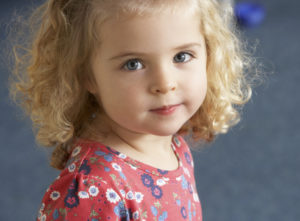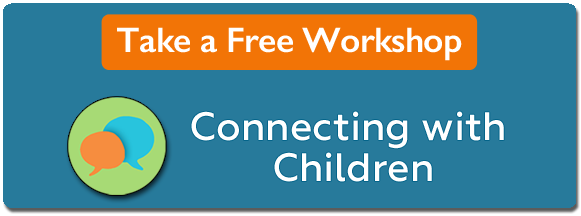
“Train up a child in the way he should go and when he is old, he will not depart from it.” Proverbs 22:6
“What is the difference between disciplining a child and punishing a child?” Jeff, father to a two-year-old, wrote in his email. “I don’t see any difference. Isn’t it the same thing?”
There is a difference, as I explained to Jeff. My email follows:
Jeff, let’s look at the definition of these two words from the American Heritage Dictionary.
Punishment: to subject someone to a penalty for a crime, fault or misbehavior. From the Latin poenire and the Greek poine; poena is money paid as a fine.
Discipline: training that is expected to produce specific character or patterns of behavior especially training that produces moral or mental improvement. From the Latin: discere, to learn.
Discipline is also listed as a synonym under punishment, stressing that with this meaning punishment as a method of training is designed to control an offender and to eliminate or reform unacceptable conduct.
In its essence, punishment is a penalty, paid with money or poena. The connotation is that the person being punished has funds along with knowledge of right and wrong. Does a child fit in that definition?
Discipline with its meaning rooted in learning, has a different significance altogether. Disciples follow their teacher. People, who follow a leader, choose to follow.
The misuse of words can cloud our thinking and dilute meanings so that concepts, such as punishment and discipline, appear to be interchangeable, when in fact they are not.
With a clear understanding of these two ideas, we can ask ourselves, do we want to punish or penalize our children to teach them, or do we want to teach by walking a path that our children can follow, a path down which they can lead others?
Years ago when these two terms were clarified in my mind, I realized punishment was not going to accomplish the teaching I wanted to share with my children. Punishment was not going to promote the learning or self-discipline I hoped to encourage.
The questions to myself became:
- How can I best teach my children with this pure idea of discipline?
- What direction do I want to lead, because it is one that my children will follow?
The question was not, “How can I best punish my child?”
To me, Jeff, that is the difference.
There is a place for punishment in our society. It is for those who willingly break established rules or laws. Punishment is for those who willfully endanger others and or their property. It is for those who have attained full rights as citizens. It is for those who are expected to have understanding of societal expectations and consequences. Punishment is designed for those who have resources to pay the penalty or poena. This is what reaching a majority age means. Children are not of majority age. Children are minors.
With minors, we are in the process of teaching these children the path they should follow. Our challenge is to lead the whole person…body, mind, heart and spirit. Our challenge is that we must model the self-discipline, the vision, the passion and the conscience that is at the heart of true learning and self-discovery for our children.
When we discipline our children, we walk a path with them of trust, helping them to understand how to live their lives, how to develop their talents, how to share their love and how to do what’s right. Corrections on our path should strive to be of loving intention to serve the needs of the child.
Jeff, I hope I’ve been able to explain the difference between punishment and discipline, so that you can choose the way you want to lead.
Best wishes and happy parenting.
Maren


This was eye opening and beautifully explained. Thank you!
Wendy,
You are welcome.
A very good explanation!
I do hope that I will be able to discipline my grandchildren, but not punish.
Penny,
Great to hear from you!
It’s much tougher to model being the type of adult we want our children to be.
But what a wonderful challenge to have!